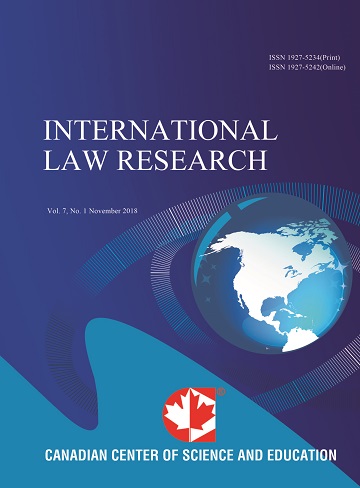Negotiating the Post-Revolution Constitution for Tunisia – Members of the National Constituent Assembly Share Their Experiences
- Abrak Saati
Abstract
Though the Tunisian transition to democracy faces challenges seven years following the 2011 revolution and four years following the enactment of the new constitution, the country still constitutes a ‘success story’, especially in comparison to neighbouring states that were also touched by the Arab Uprisings. This paper takes an interest in exploring the Tunisian constitution-making process, and especially the political elite negotiated compromises that took place in the National Constituent Assembly. How were Tunisian religious and secular political forces able to unite and compromise on a constitutional document; what motivated their actions during the constitutional talks? Ideologies, rational pragmatism, self-serving interests or something else? This is a pertinent question that has bearing for other states that are in transition from authoritarian rule, in which religious and secular political parties are struggling to draft the political rules of the game anew. This is a qualitative study, based on interviews with political representatives, from a broad range of Tunisian political parties, who were part of the constitutional negotiations. Their responses suggest that pragmatism and rationality took precedence over ideological positions during the negotiations, and that this was indispensable for a draft to be produced. Despite this, the study argues that ideologies were likely not irrelevant in the minds of the political elites who were negotiating the post-revolution constitution, and that previous agreements and discussions among these elites that were, in fact, based on ideological positions, facilitated the constitutional negotiations that took place in the aftermath of the ousting of Ben-Ali.- Full Text:
 PDF
PDF
- DOI:10.5539/ilr.v7n1p235
Journal Metrics
h-index (2017): 2
i10-index (2017): 0
h5-index (2017): N/A
h5-median (2017): N/A
Index
- CNKI Scholar
- COPAC
- CrossRef
- DTU Library
- EuroPub Database
- Excellence in Research for Australia (ERA)
- Ghent University Library
- Google Scholar
- Harvard Library
- Infotrieve
- Jisc Library Hub Discover
- LOCKSS
- Open J-Gate
- PKP Open Archives Harvester
- Publons
- ROAD
- Scilit
- SHERPA/RoMEO
- Stanford Libraries
- Ulrich's
- UniCat
- Universe Digital Library
- UoS Library
- WorldCat
Contact
- Joseph TaiEditorial Assistant
- ilr@ccsenet.org
